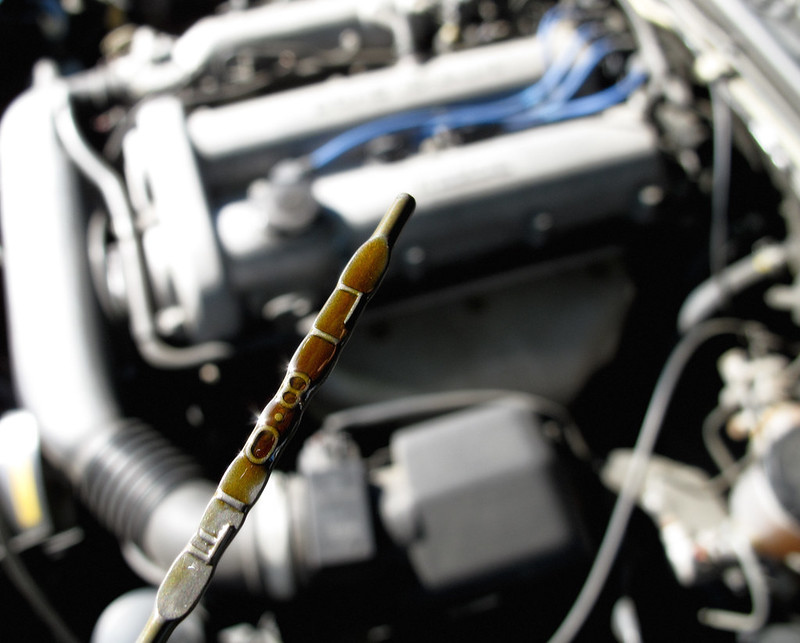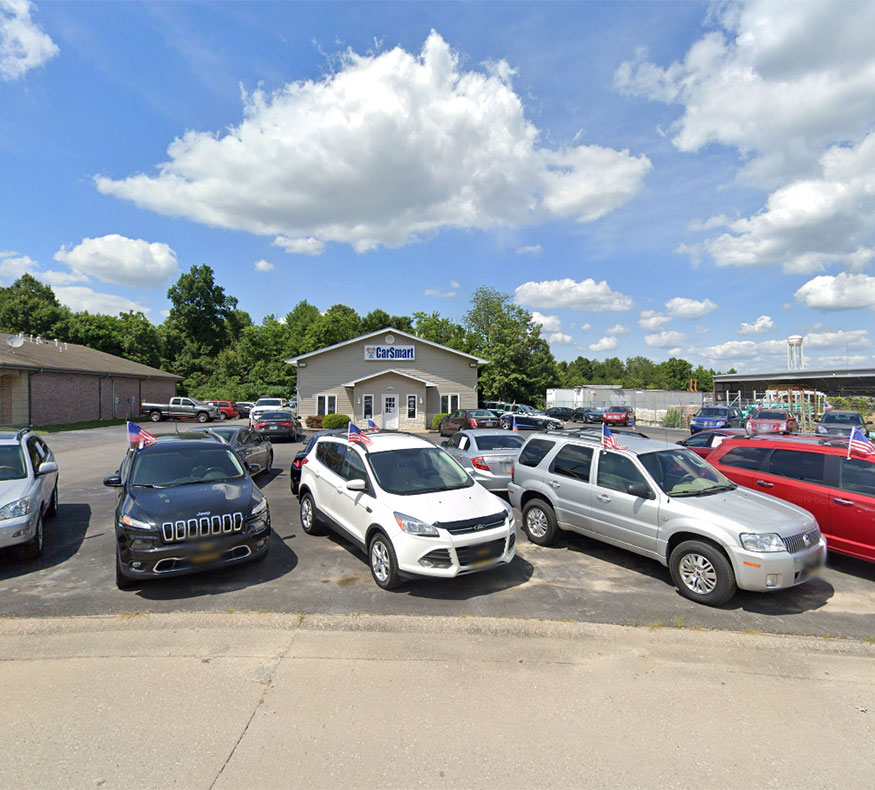Buying a used vehicle can be a great investment. However, it doesn't necessarily mean you'll get your money's worth over the long run. If you don't take good care of your vehicle, you may face a variety of car problems that can put a big dent in your wallet. On the other hand, if you treat your car right, you can considerably extend its life and avoid expensive repairs. A properly maintained vehicle may last well beyond 100,000 miles, making your hard-earned dollar go further. Follow these helpful tips to get the most out of your used car:
Keep Up With Your Car's Scheduled Maintenance

Image via Flickr under CC BY 2.0 by Robert Couse-Baker
Recommended maintenance may vary from one vehicle to another. You can find out the optimal maintenance schedule for your specific vehicle model by checking your owner's manual. Generally, regular car maintenance includes oil changes, filter replacements, fluid top-ups, tire rotations, brake pad replacements, and battery checks. These procedures can help keep different parts of your car in good working order.
Depending on your car model, you may see two different maintenance plans in your owner's manual: normal maintenance and “severe use” maintenance. If this is the case, it's recommended that you follow the “severe use” maintenance schedule. This schedule is more aggressive and costlier, but it's well worth the extra investment over the long term.
So, where should you go for regular auto maintenance in Farmington, Missouri? The best thing to do is to take your vehicle to a reputable local car dealership with a state-of-the-art service center and highly qualified technicians. Such a dealership will be able to properly perform any maintenance task your car needs to stay in tiptop condition.
Check Your Fluids Regularly
Even though the technicians at a service center will check your fluids and top them off if necessary, you should also perform fluid inspections on your own. Changes in weather patterns and driving activities can cause certain fluids to run out faster than expected. Make a point to check the levels of your engine oil, coolant, transmission fluid, brake fluid, and power steering fluid at least once a month. If you're driving an older used vehicle, you should do this once every two weeks.
You can top off the engine oil and coolant yourself, but you shouldn't check the coolant level when the engine is hot or running. If you aren't sure how to check the brake fluid, transmission fluid, or power steering fluid, you can refer to your owner's manual. If any of these fluids is low, it's time to take your car to a service center.
Drive Carefully and Listen For Strange Noises
The way you drive can have a significant impact on the lifespan of your used vehicle. Habits such as shifting gears carelessly, accelerating too quickly, braking suddenly, and carrying heavy loads can cause your car to wear down at a faster rate and lead to costly repairs. The best way to minimize wear and tear on your car is to drive as smoothly as possible and avoid rushing things by accelerating, steering, changing gears, and braking in a progressive manner.
Besides adopting good driving habits, you should also occasionally turn down the music and listen to your vehicle to see if it's making any unusual sounds. A rattling or sputtering noise may be the result of a hole in the exhaust system, while a ticking sound may indicate a bad U-joint that needs to be replaced. The only way to accurately diagnose a problem is to have a professional mechanic look at your vehicle. Therefore, if you notice anything strange when you're starting the engine, driving, turning, or braking, try to get your car checked out as soon as possible.
Check and Rotate Your Tires
Proper tire maintenance not only helps you stay safe on the road, but it can also make your vehicle more fuel-efficient and your tires last longer. Experts recommend that you check your tire pressure at least once every two weeks to prevent your tires from becoming soft or damaged, which can make them more prone to overheating or blowing out. The correct tire pressure level for your car is listed in your owner's manual and on the driver's side door jamb.
It's also essential that you have your tires rotated on a regular basis. This procedure involves switching the front tires with the rear tires or the tires on the right with those on the left. This will help prevent your tires from wearing unevenly and prematurely. Generally, it's a good idea to get a tire rotation every 6,000 to 8,000 miles.
Wash and Wax Your Car
If you don't wash and wax your vehicle regularly, you're allowing dirt, hard water, and mineral deposits to build up on your paint job. This can lead to rust damage and compromise your car's structural integrity. The frequency at which you should wash your car depends on the season, climate, and your driving environment. If you frequently drive on dusty roads during summer or muddy roads in winter, you'll have to wash your vehicle more often.
During the colder months, it's important that you rinse or wash your car at least once every two weeks as road salt can quickly build up on its paint and undercarriage. Road salt contains highly corrosive chemicals that can chew through your car's surfaces and cause severe damage.
In addition, you should wax your vehicle at least four times a year. Waxing helps maintain your car's shine and color and prevent scratches and rust.
Get an Extended Warranty
If you haven't purchased an extended warranty for your used vehicle, you may want to consider doing so. This type of warranty is worth getting because it can help you save a lot on repairs down the road. Also, it ensures your car will receive the highest-quality repairs and replacement parts if it experiences any mechanical or electrical problem.
If you need more advice on how to make your used vehicle last longer, feel free to speak with the friendly and helpful staff at CarSmart of Farmington. Contact us anytime during our business hours.




